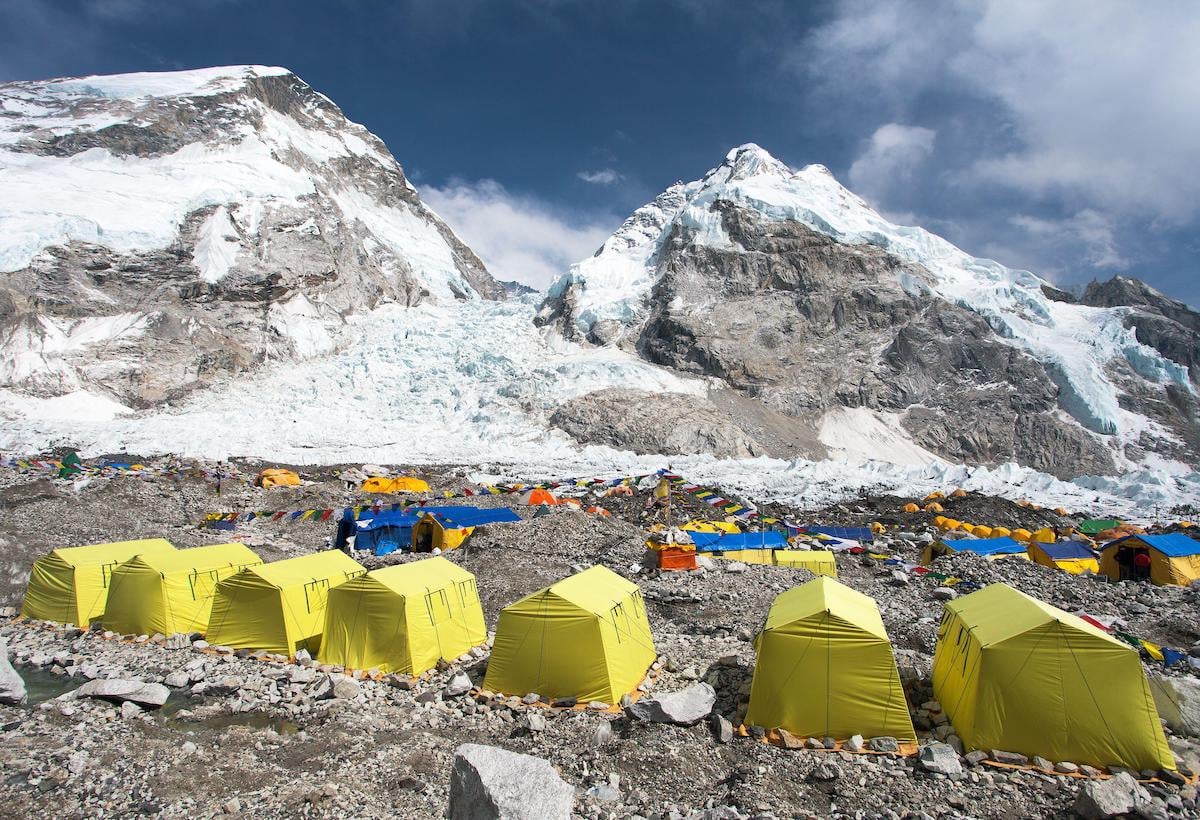Kathmandu: Nepal government has introduced stringent regulations for mountaineers, focusing on waste management and safety measures. The new guidelines, announced by the Department of Tourism, aim to address environmental concerns and enhance the overall sustainability of adventure tourism in the region.
Under the ‘Leave No Trace’ principles, climbers scaling Mt Everest, Mt Nuptse, and Mt Lhotse are now mandated to carry a poop bag or biodegradable bag to collect and bring back their waste from higher altitudes. The regulations stipulate that a minimum of eight kilograms of waste must be brought back from these peaks, with an additional three kilograms from Mt Amadablam.
Expedition teams are also required to submit an inventory of items needed above the base camps and retrieve them upon completing the expedition. Responsibility for waste disposal and the retrieval of high-altitude professionals’ bodies, including guides and porters, lies with the tour and expedition agencies.
To further mitigate risks to the sensitive Himalayan ecosystem, a joint committee comprising officials from the Nepali Army, Khumbu Pasang Lhamu Rural Municipality, and the Department of Tourism will oversee human activities above base camps.
Helicopter use for expedition materials will be restricted above Namche Bazaar, with yaks and porters transporting materials to higher altitudes. Helicopters are only permitted for rescue operations, with designated helipads at the base camp sites.
The regulations also enforce compliance with laws governing adventure tourism activities in the region, covering aspects such as equipment management, communication, security, and emergency and rescue operations.
